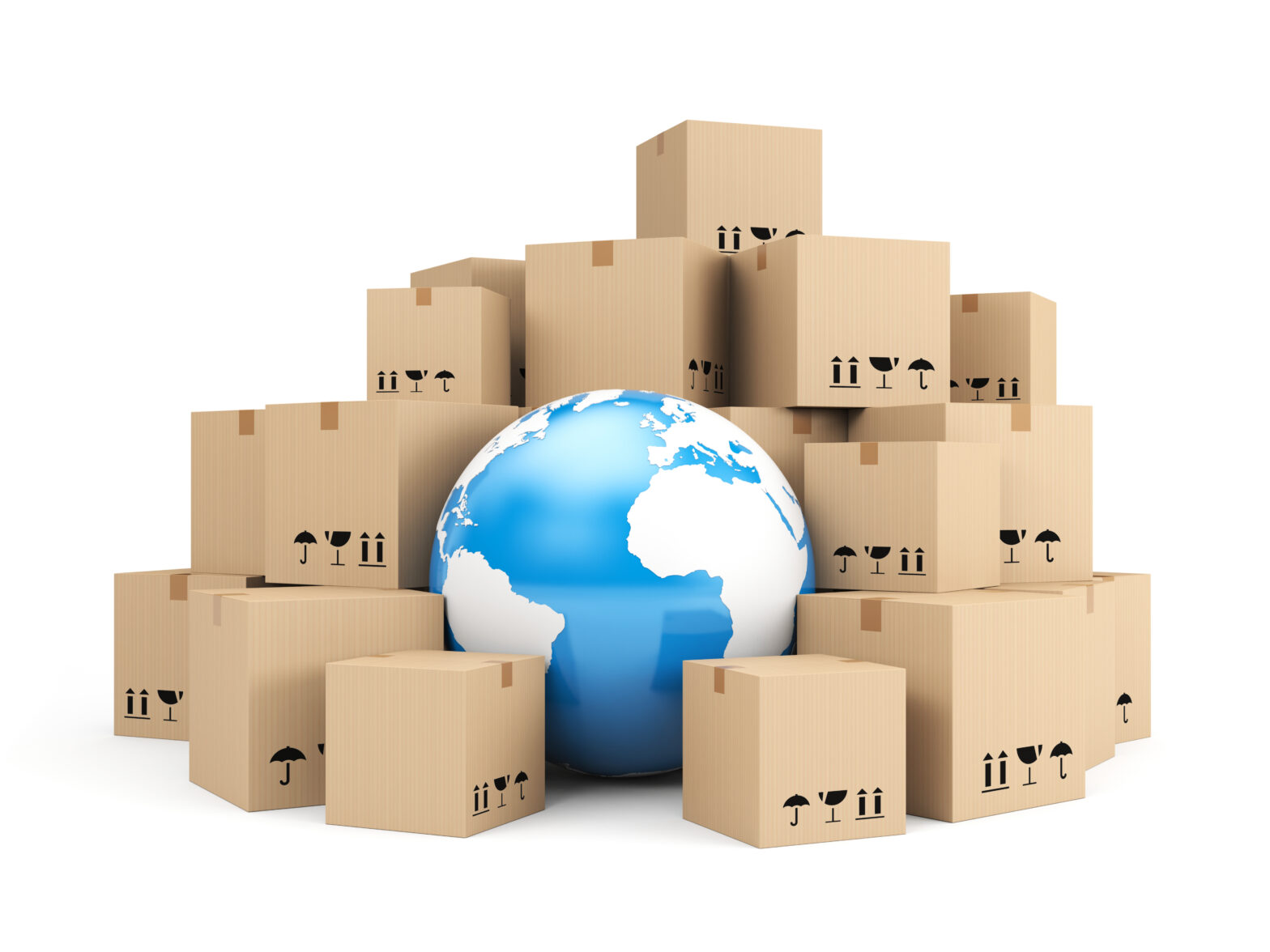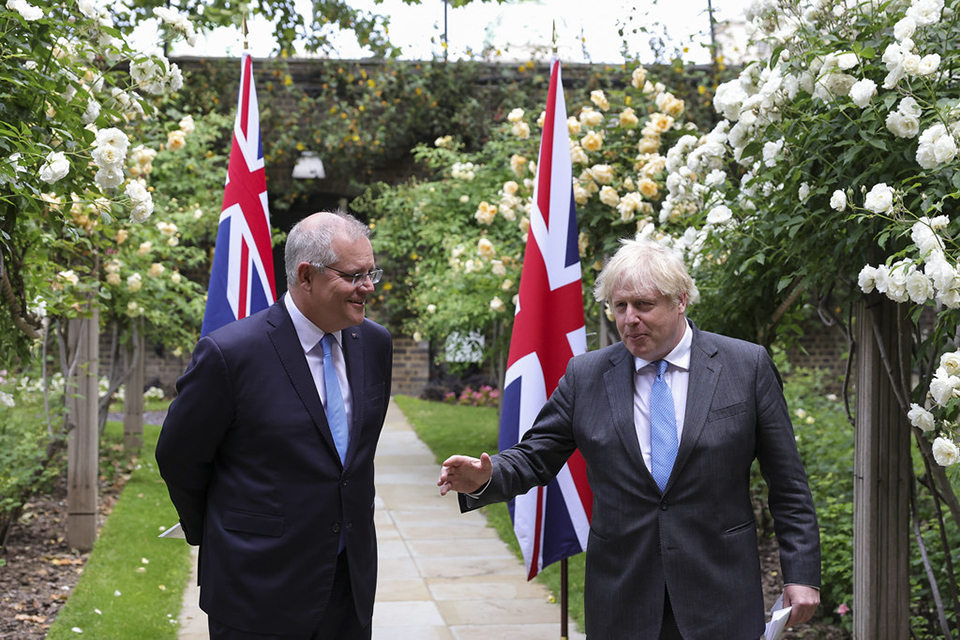Alibaba.co.uk research last year* showed that 80 per cent of small businesses in the UK are failing to embrace the global marketplace, with more than a quarter (26 per cent) considering themselves too small to trade with partners from outside the UK. Those SMEs which believe that importing and exporting is only for big business are missing out on vital cost savings and sales.
Sourcing suppliers abroad can be very cost effective (even when factoring in the expense of transportation from as far away as Asia), which is why more and more businesses are looking beyond the UK, and even Europe, to find manufacturers. The government has recognised the importance of global business and, along with organisations such as UK Trade and Industry and British Chambers of Commerce, is actively encouraging SMEs to trade globally.
Related: Get your business ready for expanding internationally
Often for small business owners the idea of trading with companies on the other side of the world can be daunting, and fear about finding a trustworthy supplier is one of the biggest obstacles preventing many SMEs from venturing into global trade. But doing business with companies abroad can be no different from trading within the UK when it comes to due diligence and undertaking the usual checks and balances to be confident in the legitimacy of the company.
Sites like Alibaba.com make finding a supplier easy. The website is a global marketplace introducing suppliers and buyers from all over the world, and has over 20 million members, giving users unprecedented access to a huge diversity of businesses. Whether you are searching for a manufacturer of a specific item or need a factory that can create a bespoke product for you, the search mechanisms on the site can reveal thousands of suppliers who can help you. Alternatively, use the Customized Sourcing service on Alibaba.com; you simply need to fill in the product requirements. Our industry specialist team will match the right suppliers and send the quotations over to you.
You are then in a position to draw up a shortlist of potential suppliers and can spend time finding the right company for you without the need for costly and potentially fruitless trade visits. Email or telephone them to discuss your requirements, ask for their comments and views, request quotes and timelines, and check out their supply chain and business practices until you are satisfied.
There are millions of businesses listed on Alibaba.com, and while the vast majority will be working hard to earn your business, it is an unfortunate fact that there will be a small minority out to scam customers. On Alibaba.com, Gold Suppliers have paid for their listing and have been subject to a level of verification and authentication, so SMEs can be confident that the business is legitimate and accountable. Whether the supplier is a Gold member or not, Alibaba.com always urges buyers to undertake a level of due diligence. Reverse-telephone look-ups are a good place to start, and it is recommended practice to avoid companies that only use mobile numbers or free email addresses as contact information, due to their disposable nature. You can also look at the factory’s own website.
It might be useful to ask the company for bank information or business certificates. In addition, request the details of some of their other clients to get recommendations and references. You could also get in touch with your embassy in that country as it should have access to a list of registered businesses.
Language and cultural differences are often cited as barriers to businesses being willing to trade with companies abroad. However, in many cases, if a supplier is opening up his business to global trade then English will be spoken to a level that ensures you can communicate effectively. Nevertheless, if you have concerns or queries, there are plenty of forums visited by businesses who are happy to share their experience and expertise. For instance the Ask It feature on the Alibaba.com community forum is a useful platform for finding answers to all types of questions.
Once you have found a supplier that can help you, it is important that you both understand what you are expecting to purchase and what they can supply. Send drawings, diagrams and photographs to be as clear as possible. Request samples, even if you have to pay for them, as it will be worth the investment to ensure that the larger final shipment is exactly what you need.
Even though you might have developed a good working relationship with the supplier during the buying process, Alibaba.com recommends that you take steps to protect yourself when it comes to paying for the goods. Never send money direct to the supplier. An escrow system will keep the funds safe while you check that the goods are what you are expecting. If you are happy then the funds are then released direct to the supplier, while if there are any disputes then the money can be refunded once the goods have been returned.
There is plenty to consider when venturing into doing business with the rest of the world. To help out with the basics, The Knowledge Centre on Alibaba.com holds a breadth of information and advice on trading globally, including setting up an online business, taxes and duties, sourcing from overseas suppliers and safe payment methods. There is also a selection of videos featuring Alibaba.com customers who share their experiences (including the pitfalls and the challenges they faced), which will help and inspire other small and medium-sized businesses like yours to make their ventures a success. Log on to uk.alibaba.com.
* Research conducted on behalf of Alibaba.com by Trends Research on a sample of 1,400 UK small businesses during August 2010.





